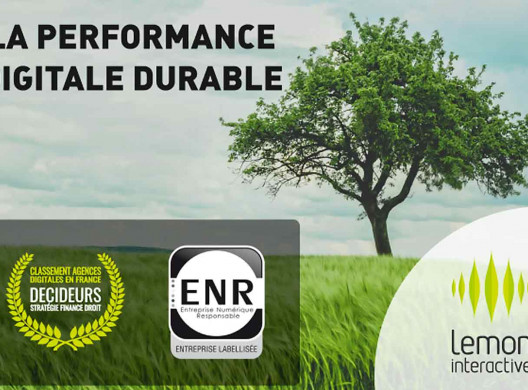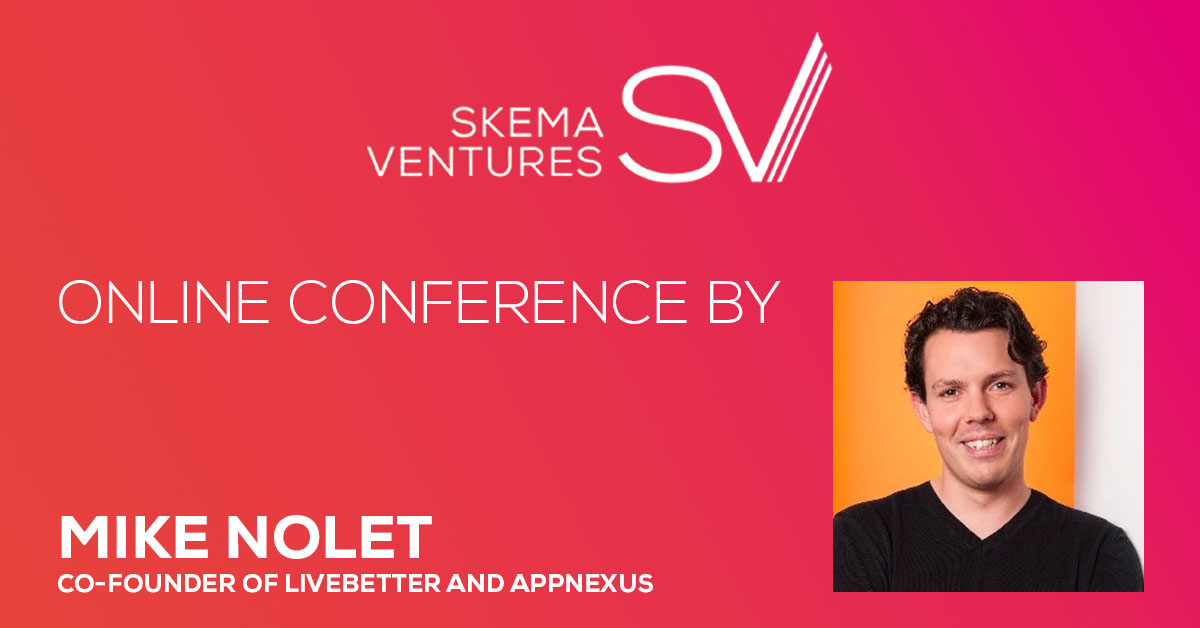When we talk about a business model, we are talking about the operational logic that an entrepreneur decides to deploy to implement his/her strategic choices in practice: the vision, ambitions for the new business, and its impact in the future.

In the case of a social impact entrepreneur, strategic choices are directed more towards creating value for the various stakeholders involved (customers, users, social partners, institutions, and society in general) than towards capturing value for oneself. Nevertheless, an impact entrepreneur must of course ultimately achieve profitable growth to pursue his/her ambitions.
An impact entrepreneur is much less in a classic competitive strategic approach of a client-supplier relationship than in an ecosystem strategy where, in short, everyone wins within the ecosystem chosen by the entrepreneur.
Therefore, a social impact business model (BM) must ensure all in all commercial efficiency, social efficiency, and institutional or public efficiency.

Compared to a traditional BM, a social impact BM must include in its design the direct and indirect effects of its value proposition on not only its customers and beneficiaries but also on all the partners in the ecosystem.
This means that all the components of the BM — key activities and resources, marketing methods, the revenue model, the cost structure, and key partnerships (suppliers, prescribers) — must be defined in a logic of systemic articulation, with a common denominator of value creation.
For example, if I include this or that characteristic in my offer, what benefit will each stakeholder in my ecosystem be able to derive from it? My clients (those who pay me), my users, suppliers, funders, influencers…
When taking the ecosystem BM perspective, the impact entrepreneur activates a tremendous leverage effect on his/her resources (which are often limited). Indeed, by doing so, the entrepreneur is freed from the balance of power between the different players involved because the primary objective is to create value for each one, rather than capturing value only for some.
Large suppliers can thus decide to grant advantageous financial conditions to a young social venture because it allows them to explore new markets or new “sustainable” applications for their products. They, therefore, have a vested interest in the startup’s success. For the impact entrepreneur, if these suppliers have a proven social policy, working with them can trigger certain public subsidies or facilitate access to calls for tender issued by a local territorial actor. An effective impact BM triggers a virtuous dynamic.
In fact, the real stake for social impact entrepreneurs is, on the one hand, to define the perimeter of the good ecosystem that will allow them to fulfill their mission, and, on the other hand, to articulate the components of their business model with a focus on the alignment of these components, looking for a “cascading effect” of value creation for all the actors of the ecosystem.
Building on these assumptions, the SKEMA Ventures team has adapted the canvases commonly used for business modeling to help impact entrepreneurs achieve ecosystem consistency for their BM.
Author: Dr. Philippe Chereau, director of SKEMA Ventures



